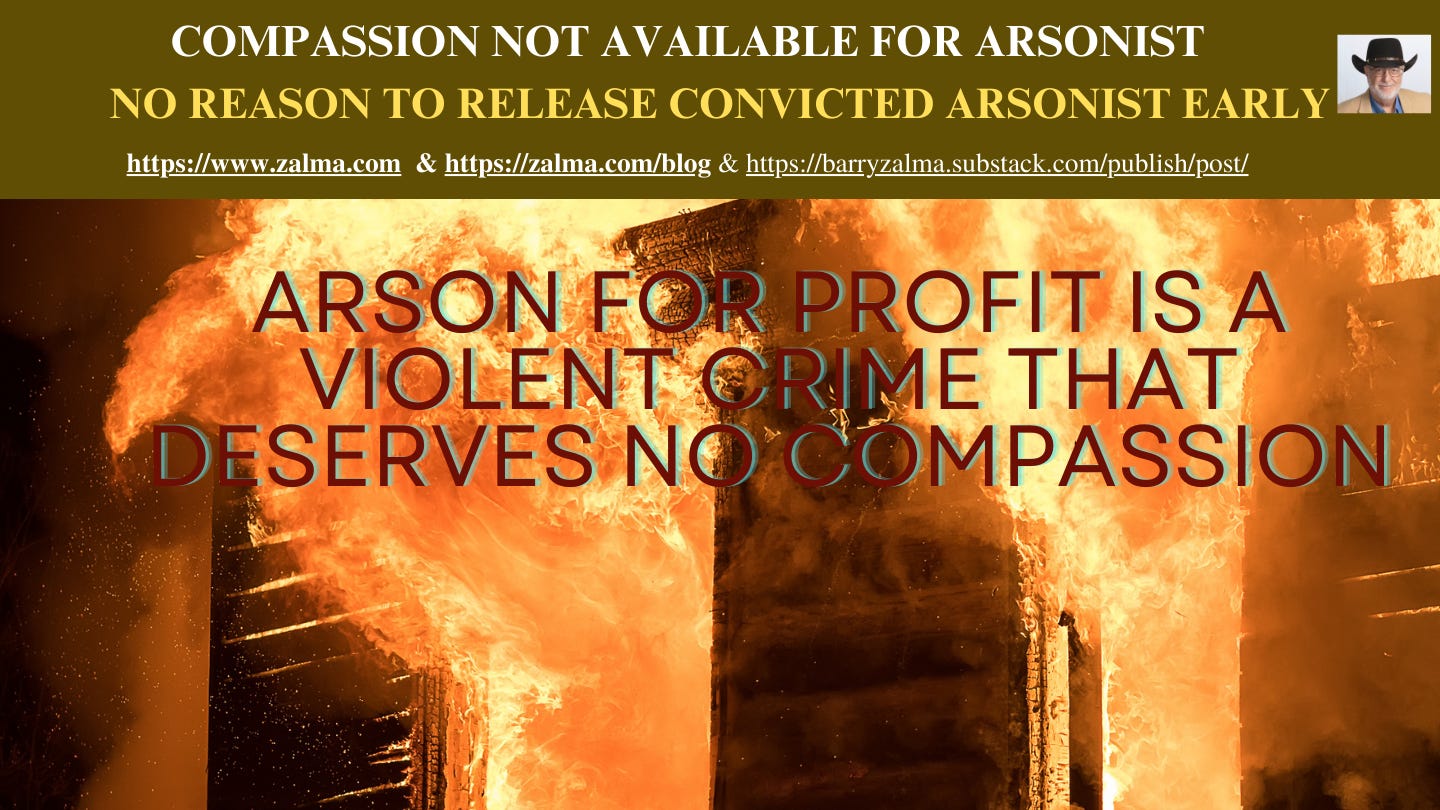Read the full article at https://lnkd.in/gbmcPSBG, see the full video at https://lnkd.in/gtkCRySa and at https://lnkd.in/gXbSmqWw, and at https://zalma.com/blog plus more than 4750 posts.
Post 4767
In United States Of America v. Jonathan Paul Wiktorchik, Jr., No. 23-2564, USCA, Third Circuit (March 25, 2024) Federal Prisoner Jonathan Wiktorchik appealed, acting as his own lawyer, from the District Court’s denial of his motion for compassionate release.
THE CONVICTION
In 2011, after a jury trial Wiktorchik was convicted of arson, use of fire to commit a felony, mail fraud, and making false statements. Wiktorchik’s conviction was based on a fire he deliberately set to his chiropractic office, which also destroyed four other businesses.
MOTION FOR COMPASSIONATE RELEASE
He asserted that he now suffers from “long COVID” and that each reinfection exacerbated the condition.
The District Court denied relief.
ANALYSIS
The Third Circuit reviews such an appeal for abuse of discretion by a district court’s order denying a motion for compassionate release, including a determination that the sentencing factors do not weigh in favor of granting compassionate release.
The compassionate-release statute states that a district court may reduce a defendant’s term of imprisonment if extraordinary and compelling reasons warrant such a reduction. Compassionate release is discretionary, not mandatory. Therefore, even if a defendant is eligible for it, a district court may deny compassionate release upon determining that a sentence reduction would be inconsistent with the statute’s requirements.
The District Court appropriately considered that Wiktorchik “has a history of committing economic as well as dangerous crimes,” and observed that the current offenses were committed less than a year after Wiktorchik was convicted of insurance fraud.
Because this appeal does not present a substantial question, the District Court’s judgment was summarily affirmed.
ZALMA OPINION
Arson-for-Profit is a violent type of insurance fraud. It not only destroys the property that was insured for the benefit of the arsonist it destroys the property of other and often causes the injury or death of innocents, neighbors, and firefighters. It is a heinous crime and the defendant must serve the entire sentence to protect the public at large from his criminal acts and deter others from attempting the same crime.
(c) 2024 Barry Zalma & ClaimSchool, Inc.
Please tell your friends and colleagues about this blog and the videos and let them subscribe to the blog and the videos.
Subscribe to my substack at https://lnkd.in/gcZKhG6g
Go to X @bzalma; Go to Newsbreak.com https://lnkd.in/g8azKc34; Go to Barry Zalma videos at Rumble.com at https://lnkd.in/gV9QJYH; Go to Barry Zalma on YouTube- https://lnkd.in/g2hGv88.
Go to the Insurance Claims Library – https://lnkd.in/gwEYk.














